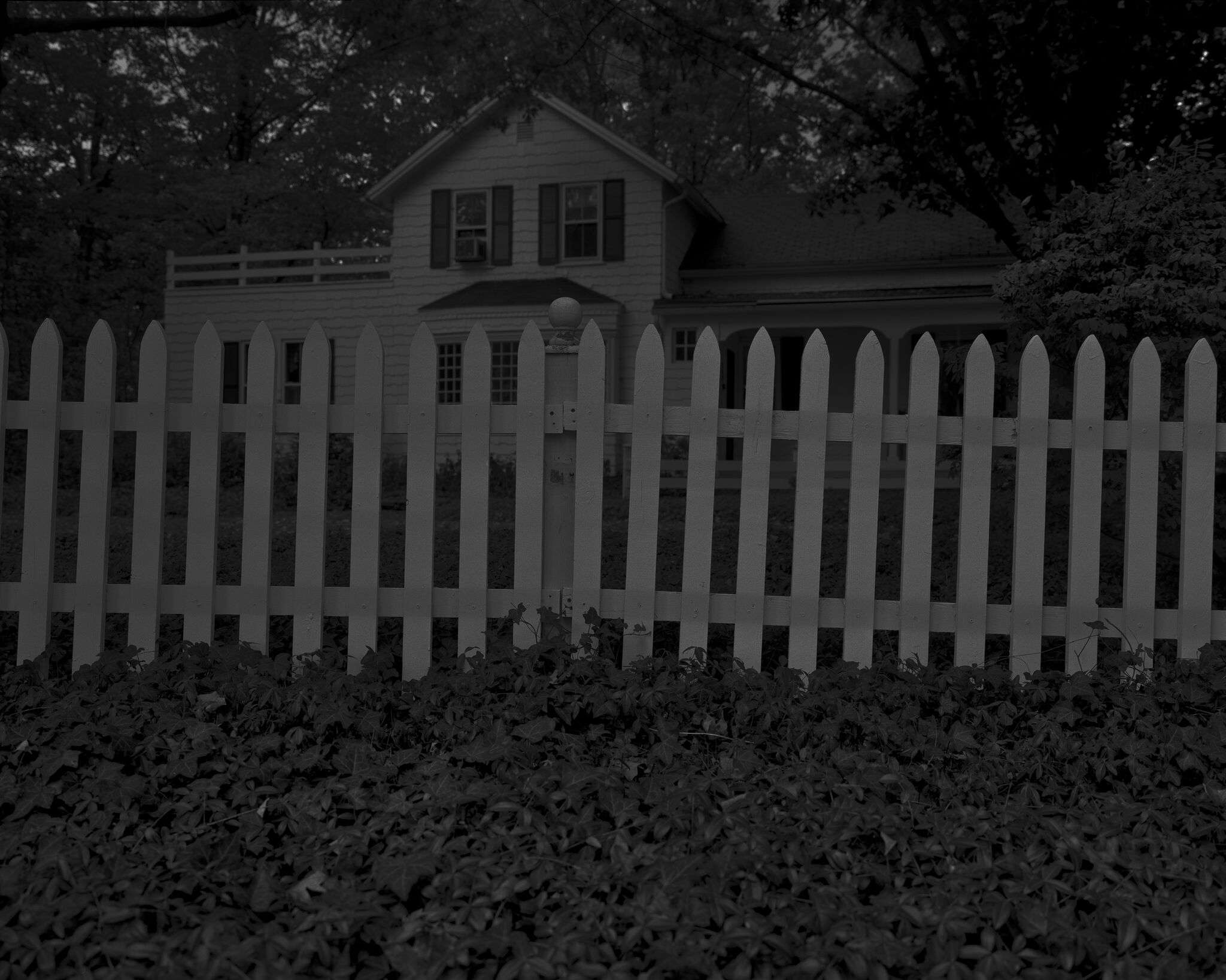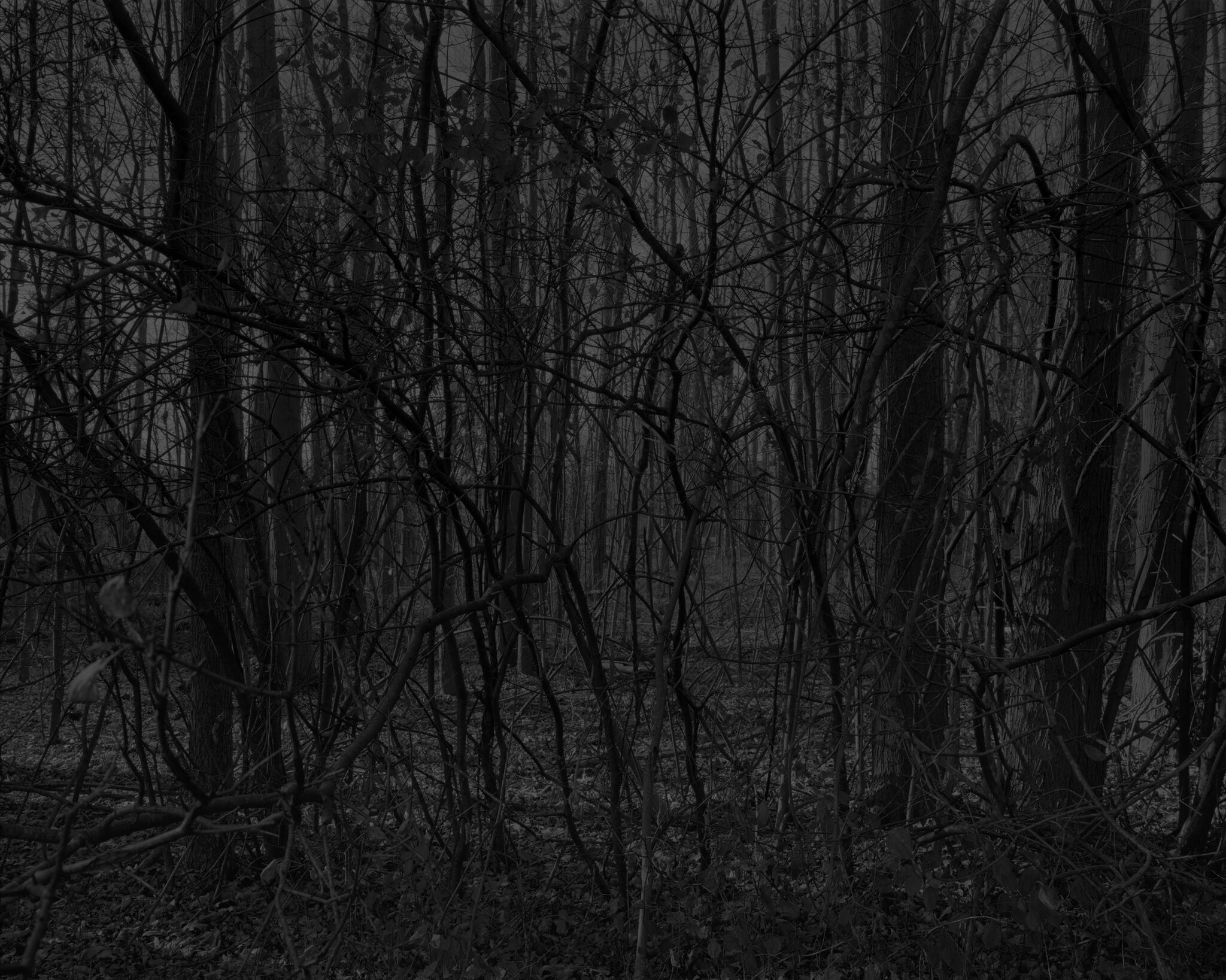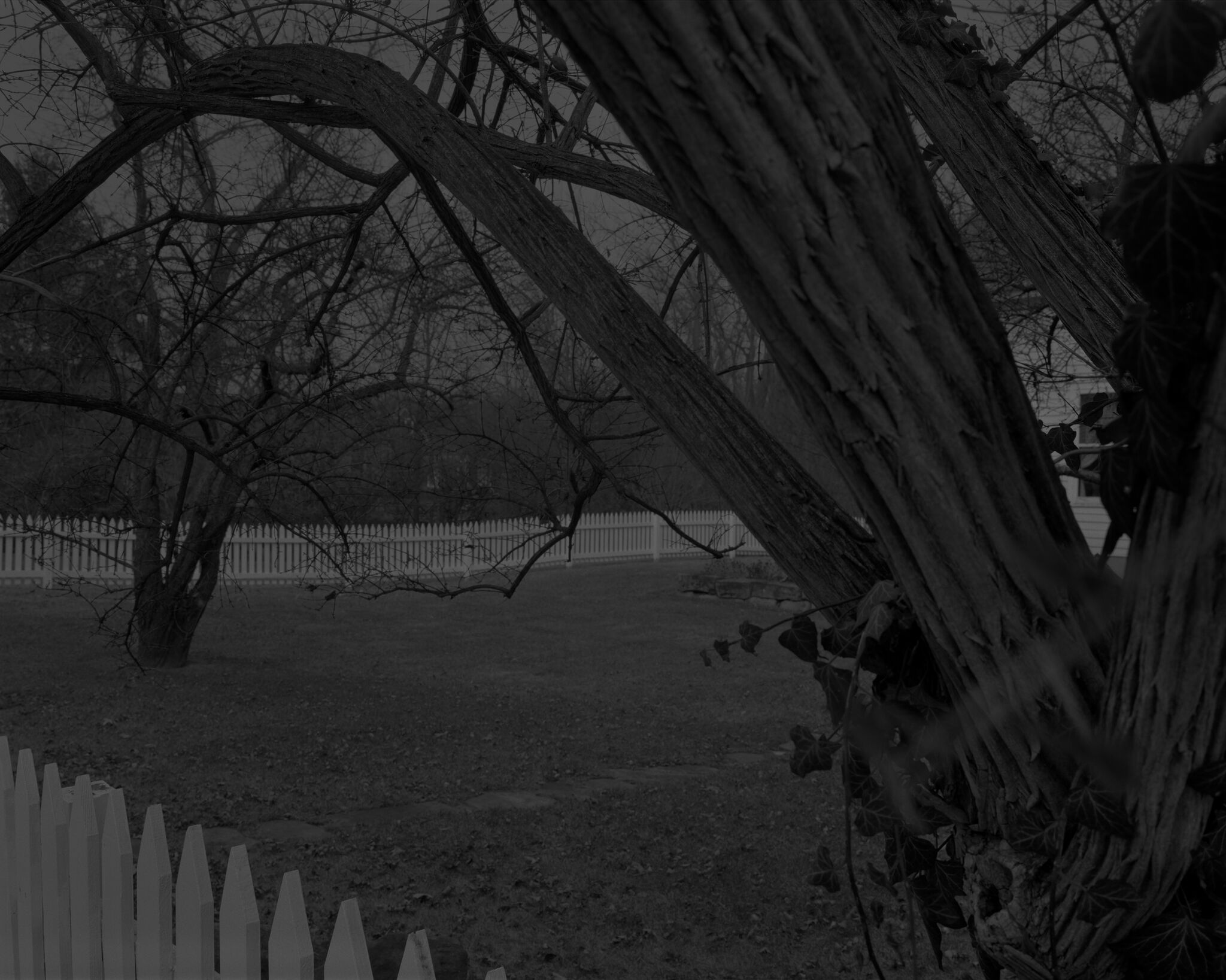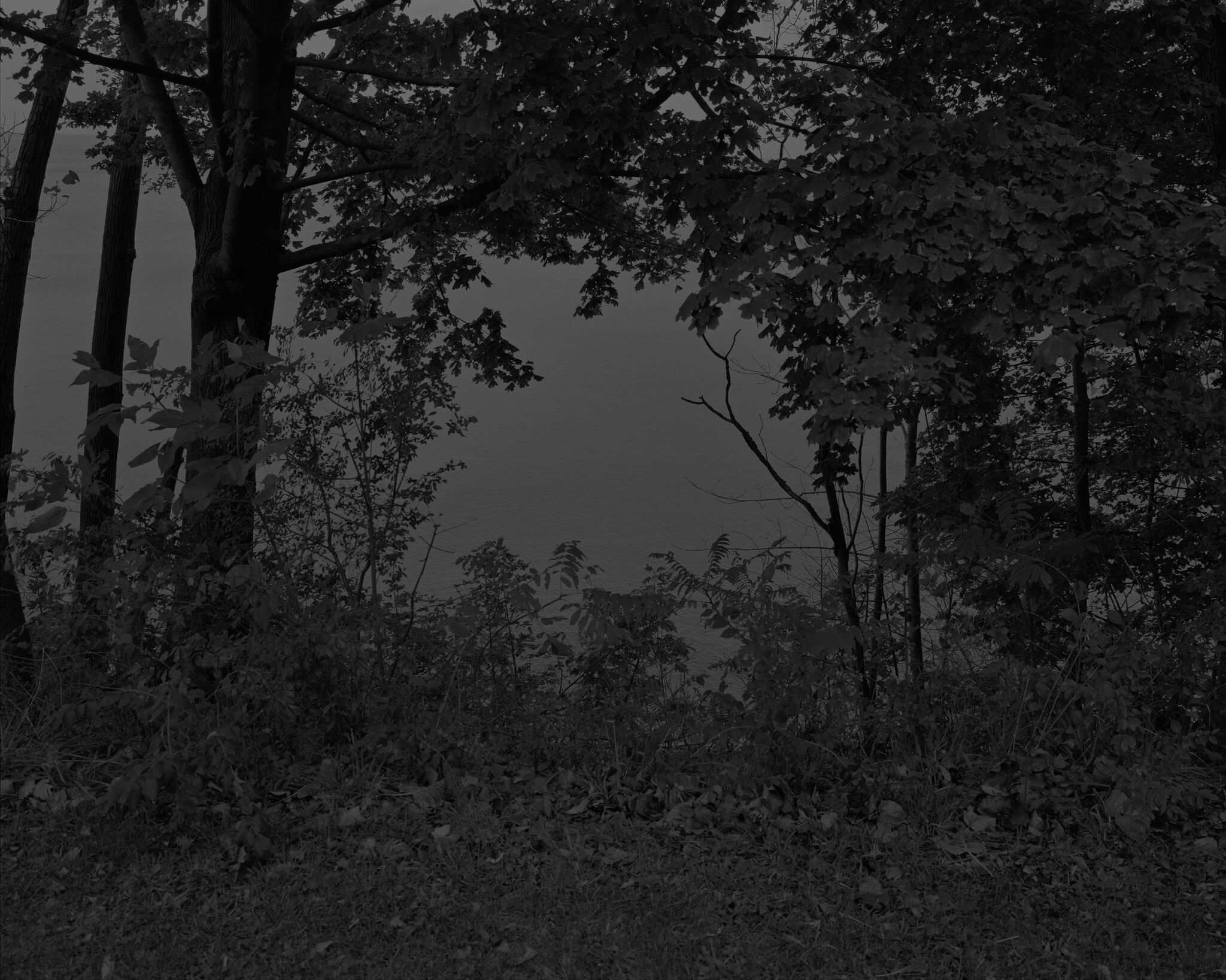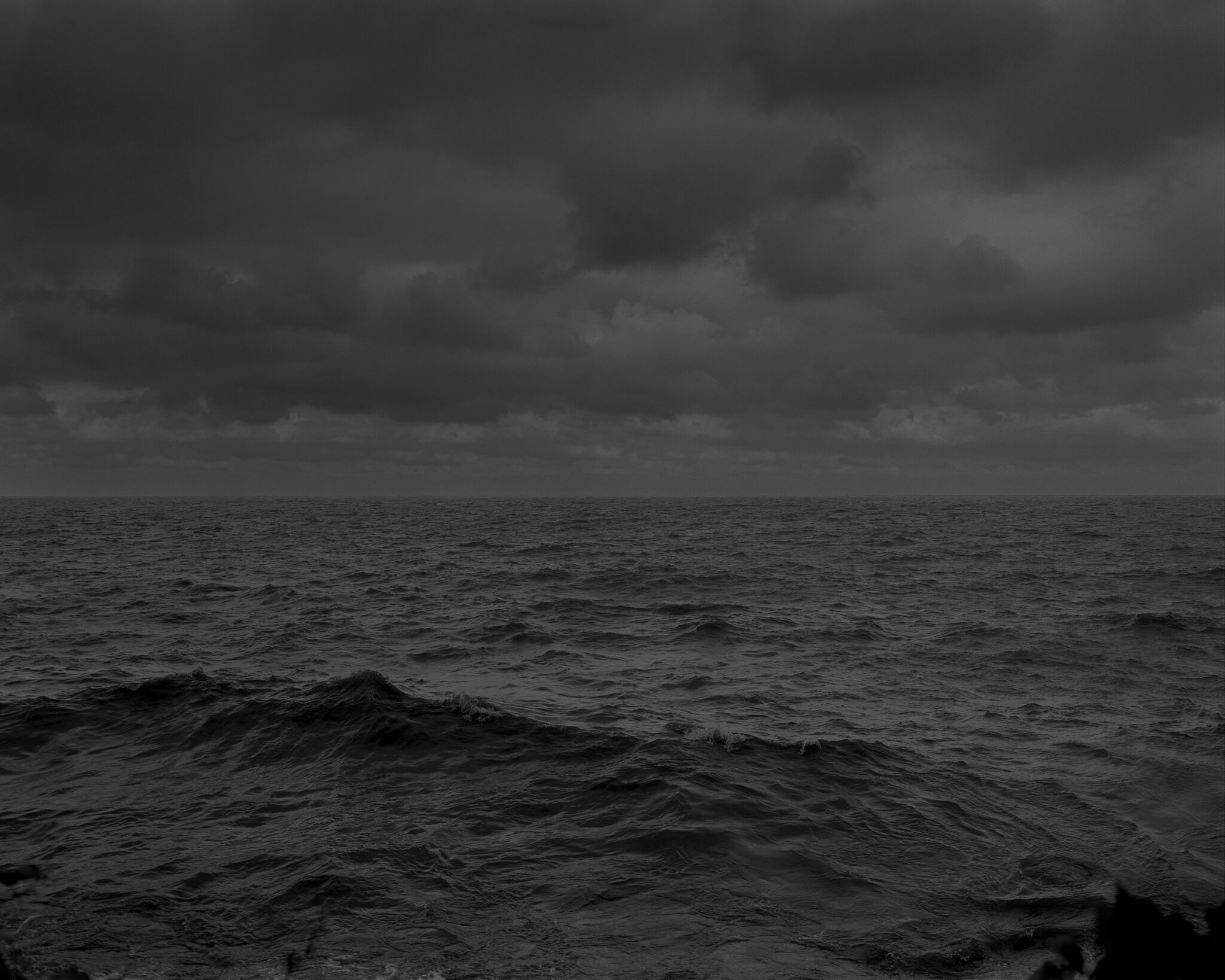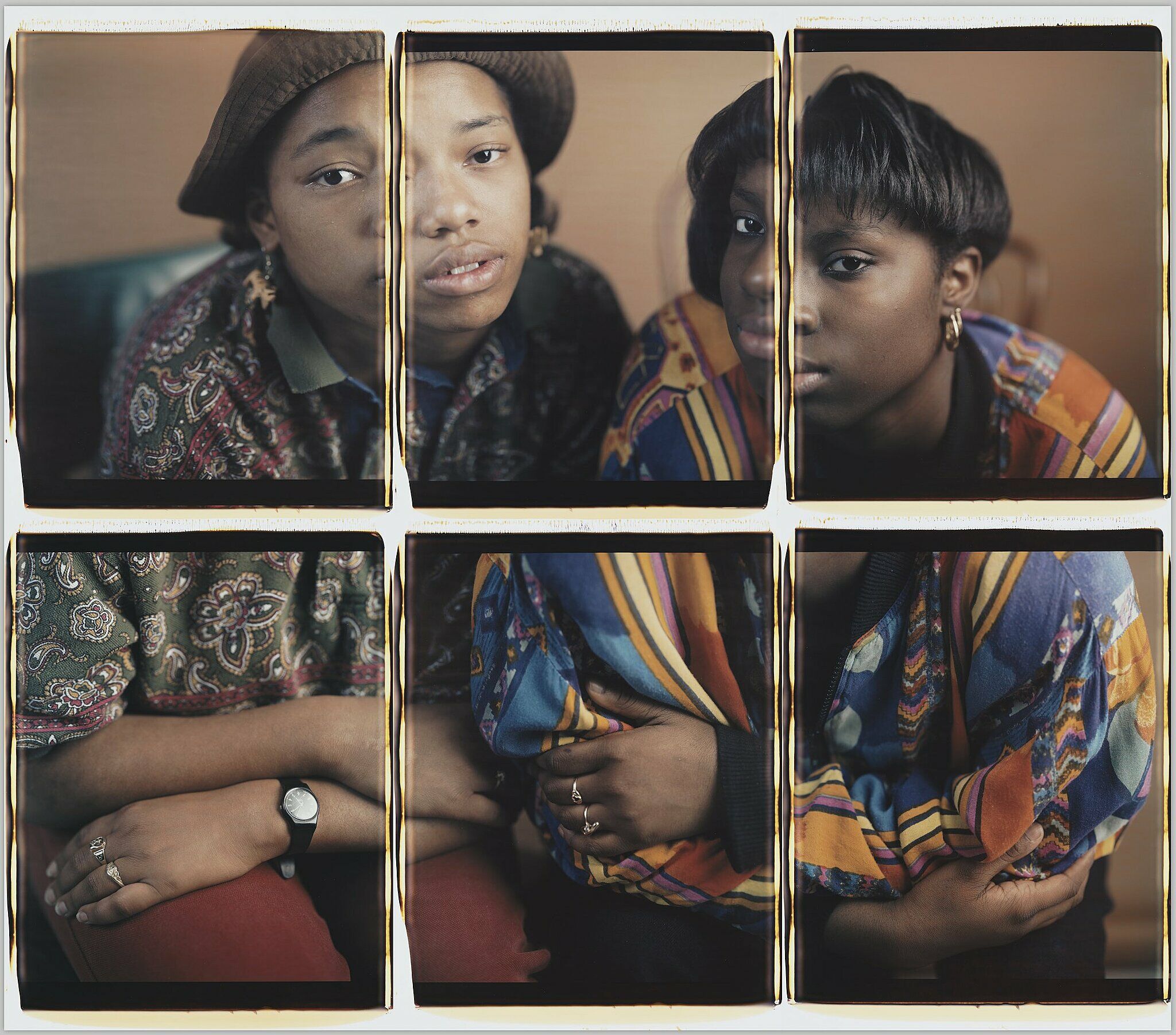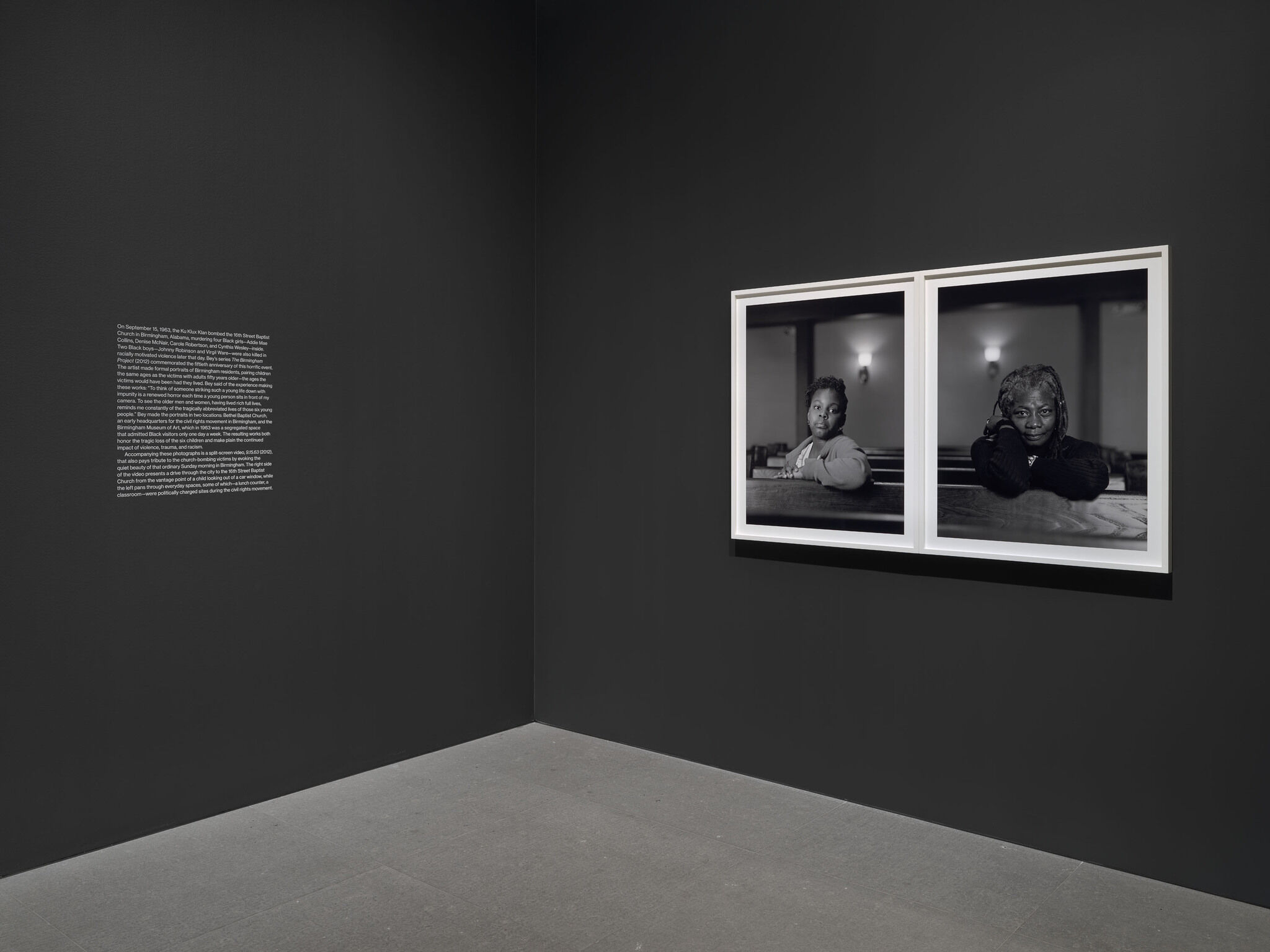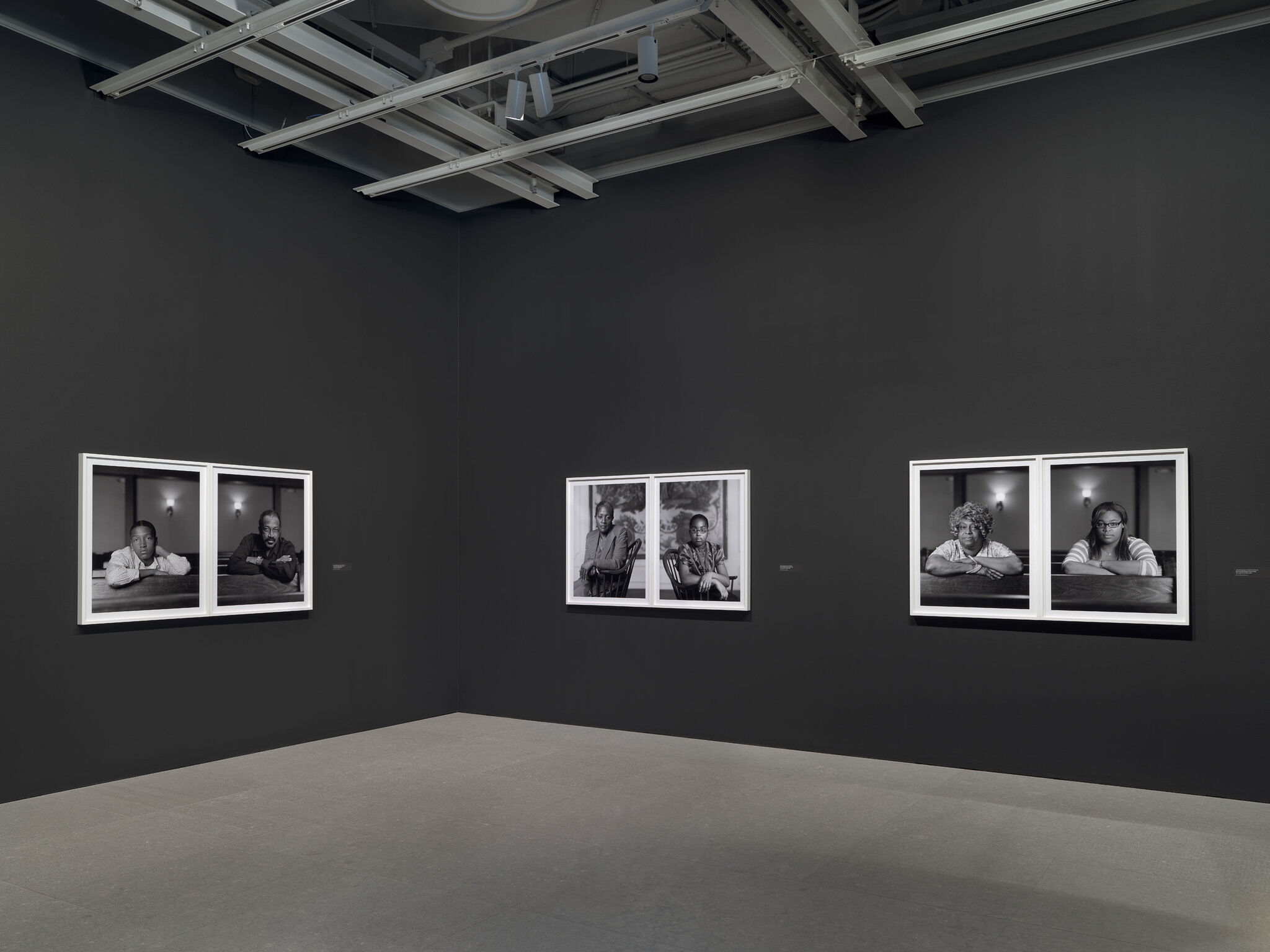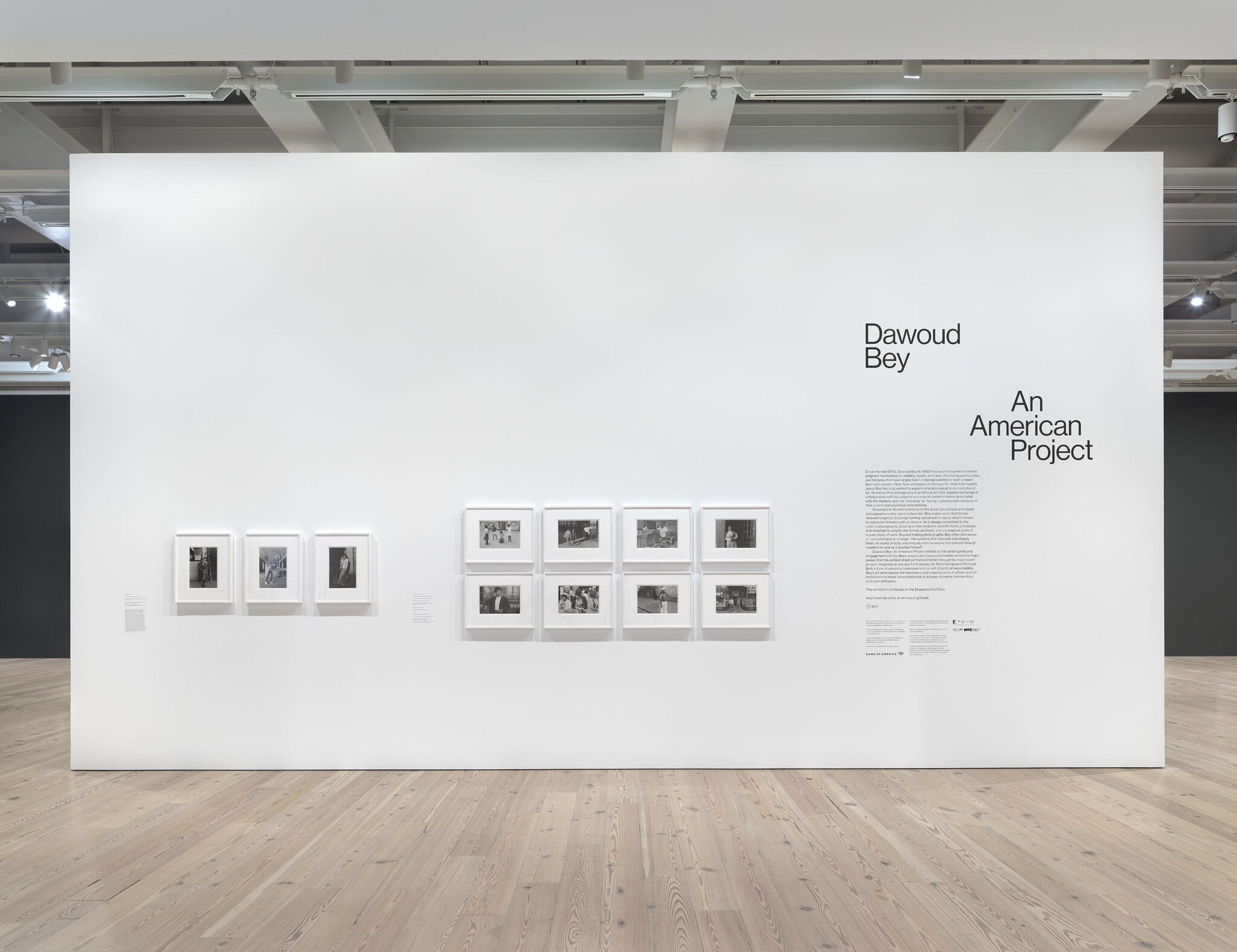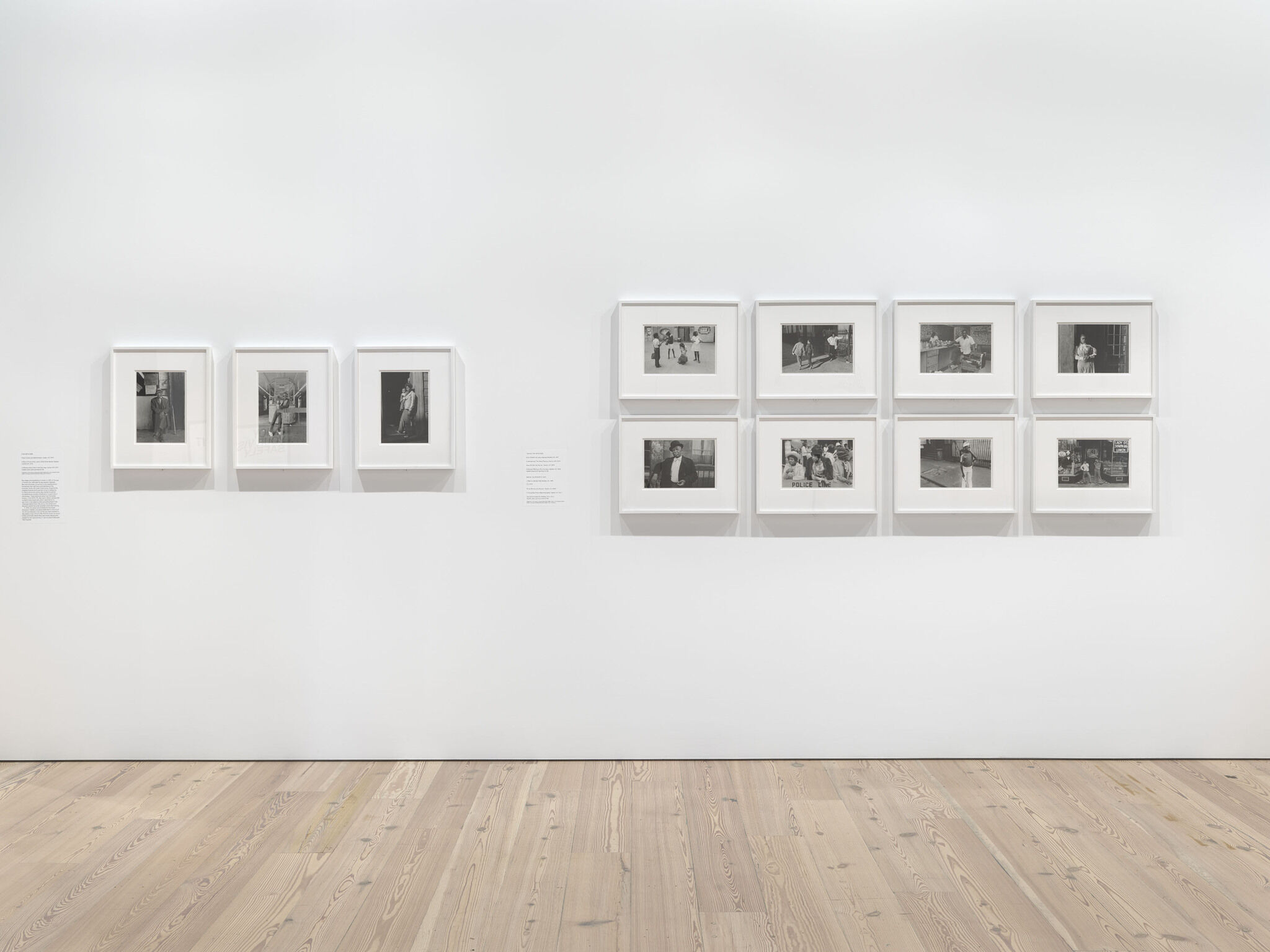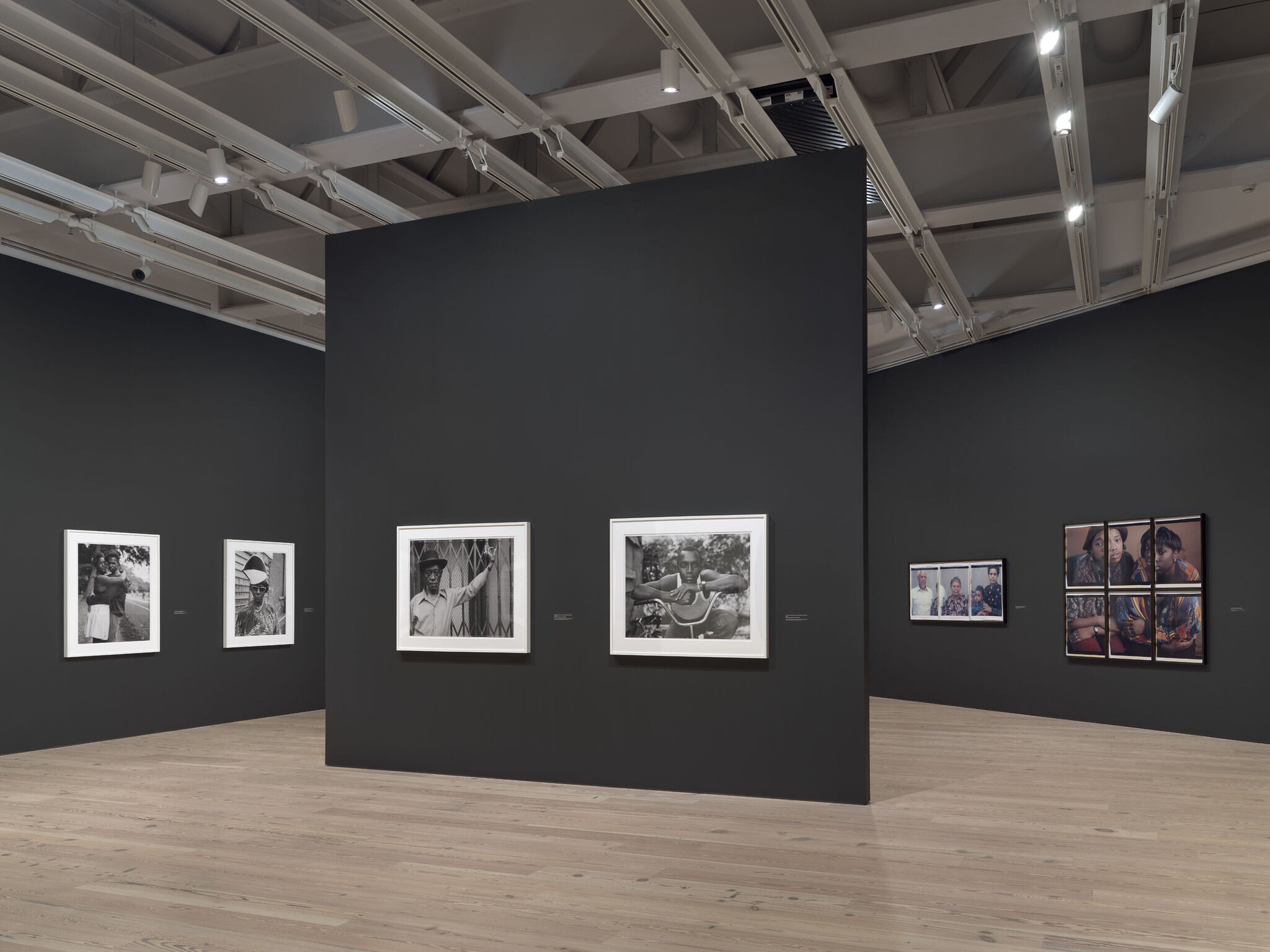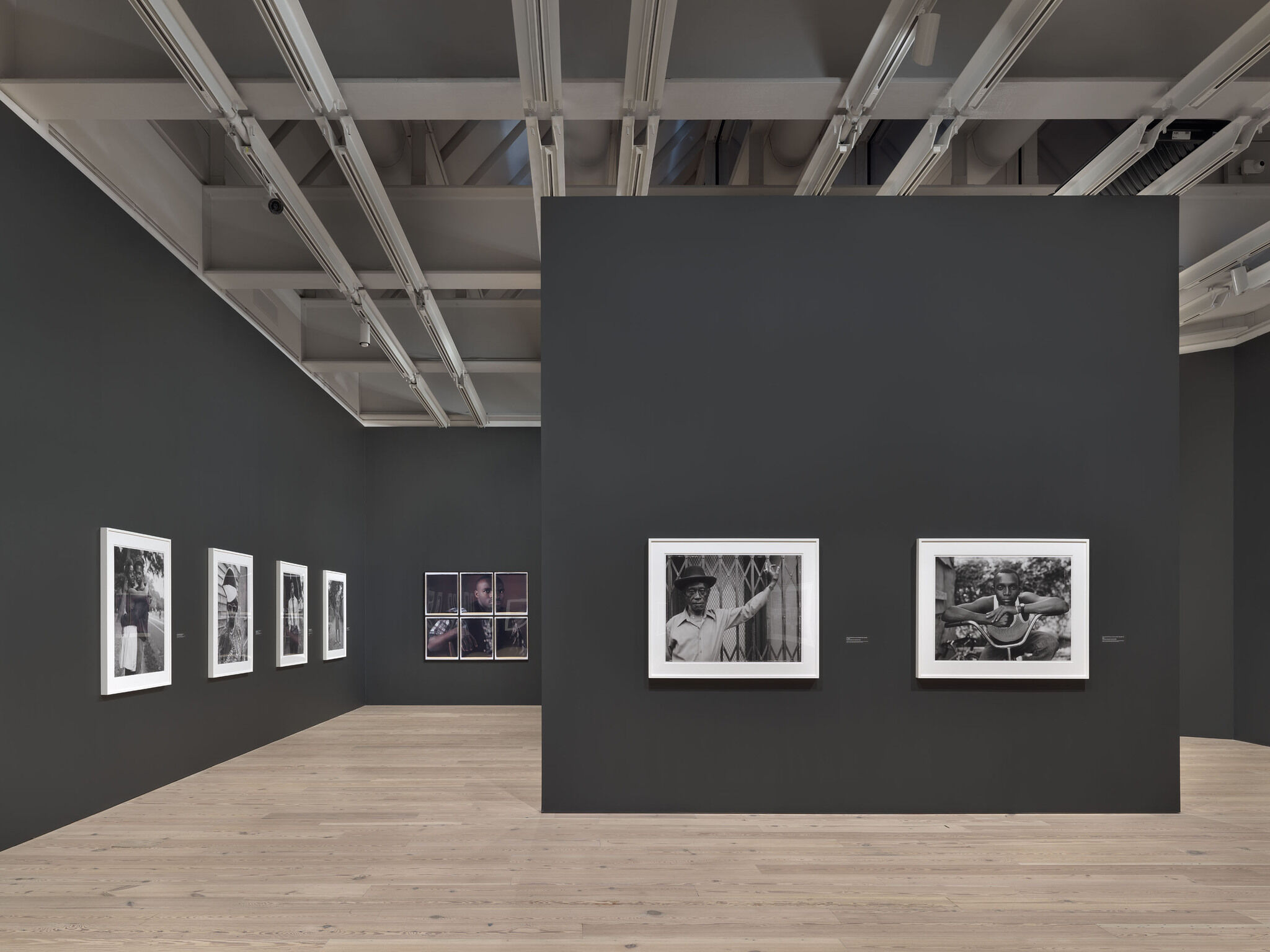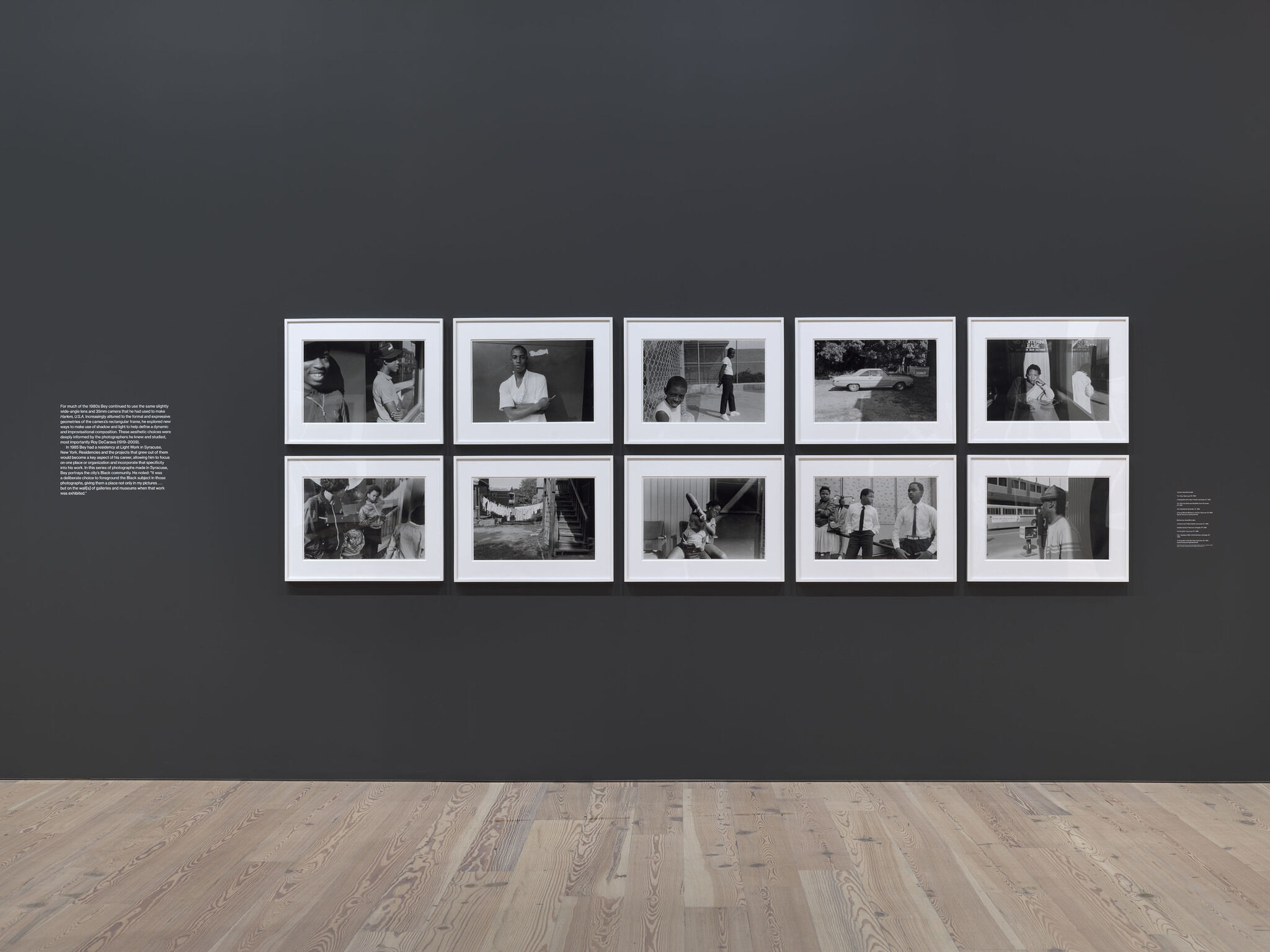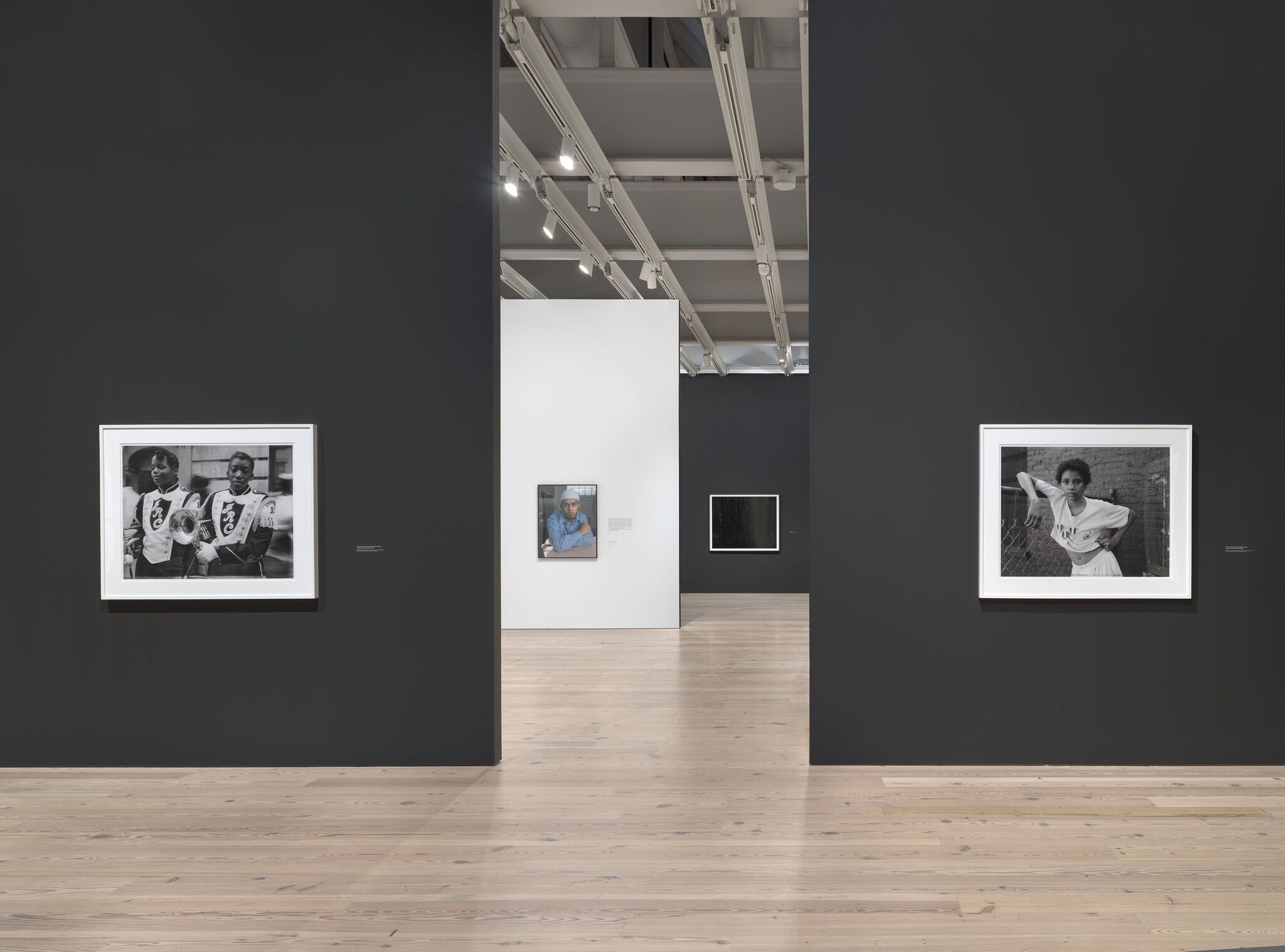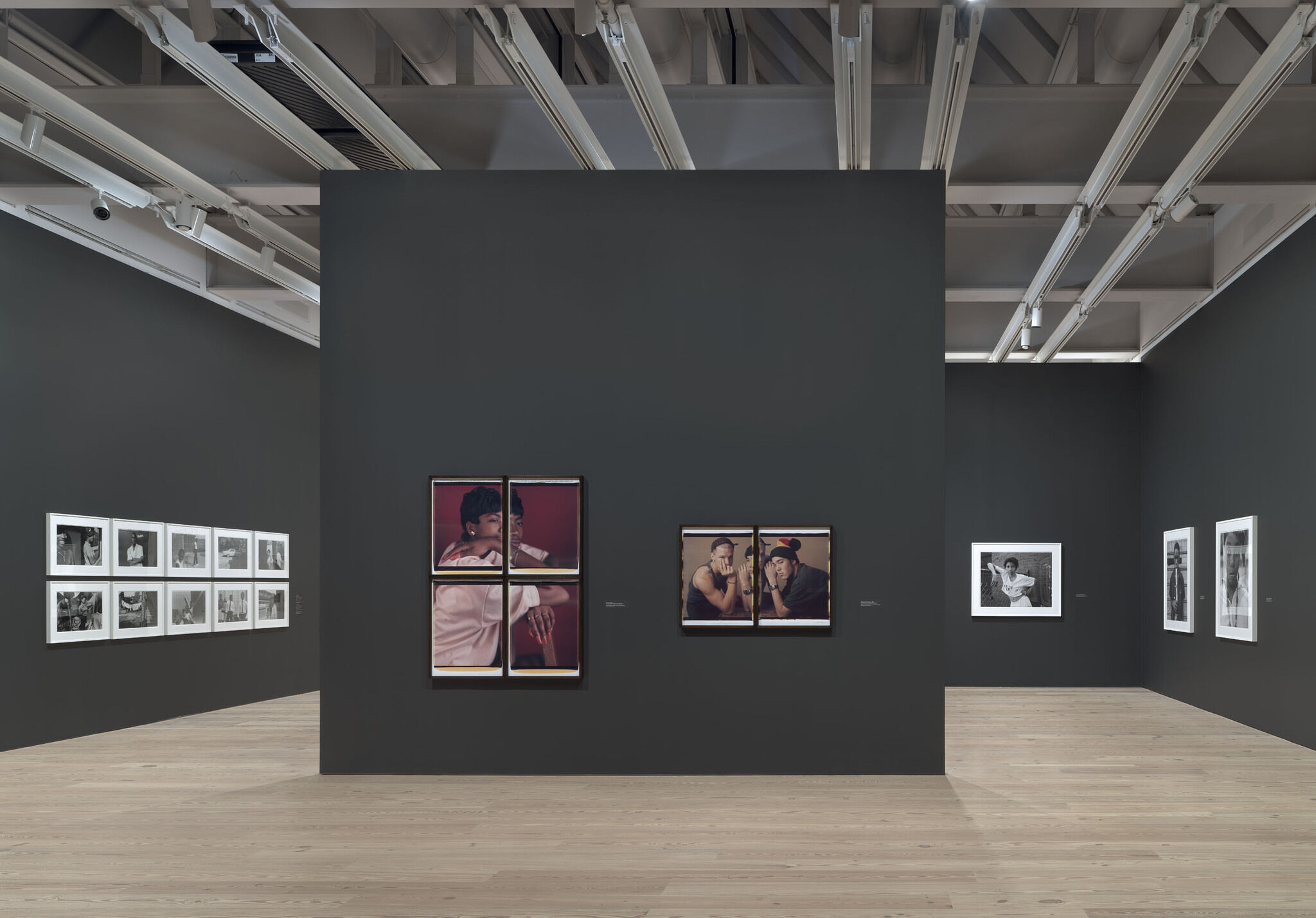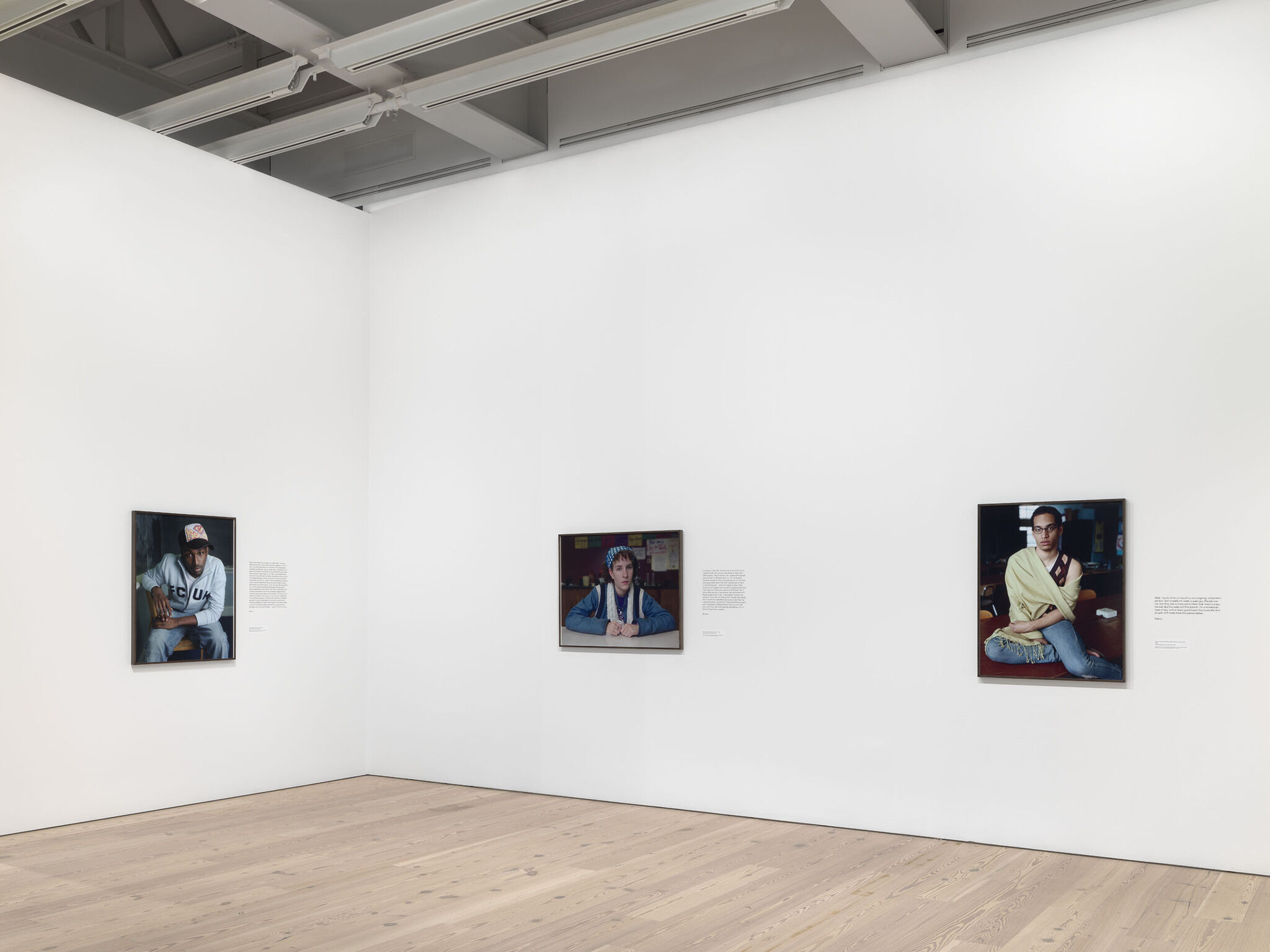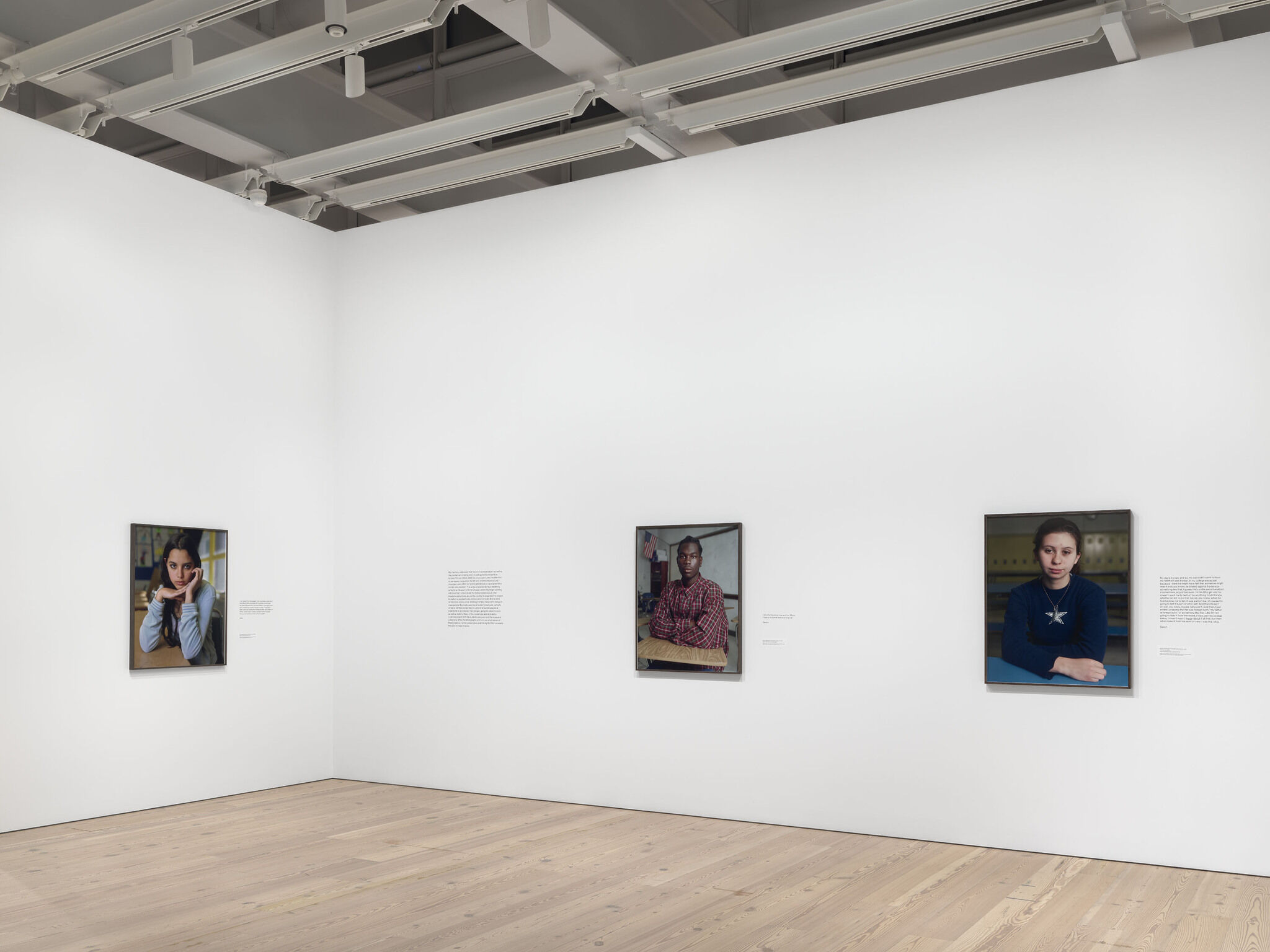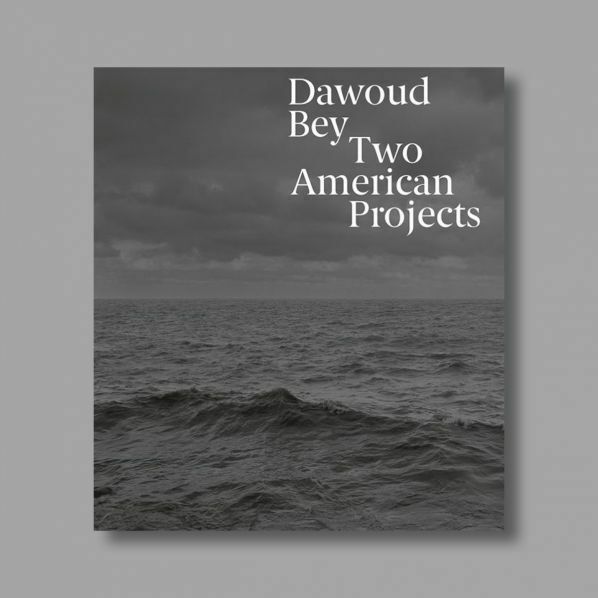Dawoud Bey: An American Project
Apr 17–Oct 3, 2021
Since the mid-1970s, Dawoud Bey (b. 1953) has worked to expand upon what photography can and should be. Insisting that it is an ethical practice requiring collaboration with his subjects, he creates poignant meditations on visibility, power, and race. Bey chronicles communities and histories that have been largely underrepresented or even unseen, and his work lends renewed urgency to an enduring conversation about what it means to represent America with a camera.
Spanning from his earliest street portraits in Harlem to his most recent series imagining an escape from slavery on the Underground Railroad, Dawoud Bey: An American Project attests to the artist’s profound engagement with the Black subject. He is deeply committed to the craft of photography, drawing on the medium's specific tools, processes, and materials to amplify the formal, aesthetic, and conceptual goals of each body of work. Bey views photography not only as a form of personal expression but as an act of political responsibility, emphasizing the necessary and ongoing work of artists and institutions to break down obstacles to access, convene communities, and open dialogues.
Dawoud Bey: An American Project is co-organized by the Whitney Museum of American Art and the San Francisco Museum of Modern Art. The exhibition is co-curated by Elisabeth Sherman, Assistant Curator at the Whitney, and Corey Keller, Curator of Photography at SFMOMA.
Generous support for Dawoud Bey: An American Project is provided by The Andy Warhol Foundation for the Visual Arts.
Significant support is provided by the Phillip and Edith Leonian Foundation and the National Endowment for the Arts.
In New York, the exhibition is sponsored by

Generous support is provided by Judy Hart Angelo, the John R. Eckel, Jr. Foundation, and the Whitney’s National Committee.
Major support is provided by the Philip and Janice Levin Foundation.
Significant support is provided by The Anne Levy Charitable Trust and Jean L. Karotkin and public funds from the New York City Department of Cultural Affairs in partnership with the City Council.
Additional support is provided by Susan and Arthur Fleischer, Gregory and Aline Gooding, Renee Harbers and Christopher Liddell, Marina and Andrew Lewin, Wynnell Schrenk, and Patricia Villareal and Tom Leatherbury.



Night Coming Tenderly, Black
8
Bey’s most recent work imagines the flight of enslaved Black Americans along the leg of the Underground Railroad that operated in Ohio—the last fifty or so miles before they reached the vast expanse of Lake Erie, on the other side of which lay Canada, and freedom. As a covert network of safe houses and churches, the sites of the Underground Railroad were by necessity secret. Bey’s photographs suggest the experience of the journey and the landscapes and buildings that may have provided protection along the way. Night Coming Tenderly, Black (2017) marks the first time in his career that Bey turned completely to landscape photography, removing the presence of the figure entirely.
Nonetheless, the images imply the perspective of the individuals whose invisibility was requisite for their safety. Their large scale and rich black tones invite the viewer to engage their own body in the act of looking, taking time for their eyes to adjust and moving around to register the entirety of each image. The series pays homage to two Black American artists, the photographer Roy DeCarava and the poet Langston Hughes. DeCarava’s influence can be seen in the lush and protective darkness of the prints, while the project’s title is drawn from the final couplet of Hughes’s “Dream Variations”: “Night coming tenderly / Black like me.”
Events
View all-
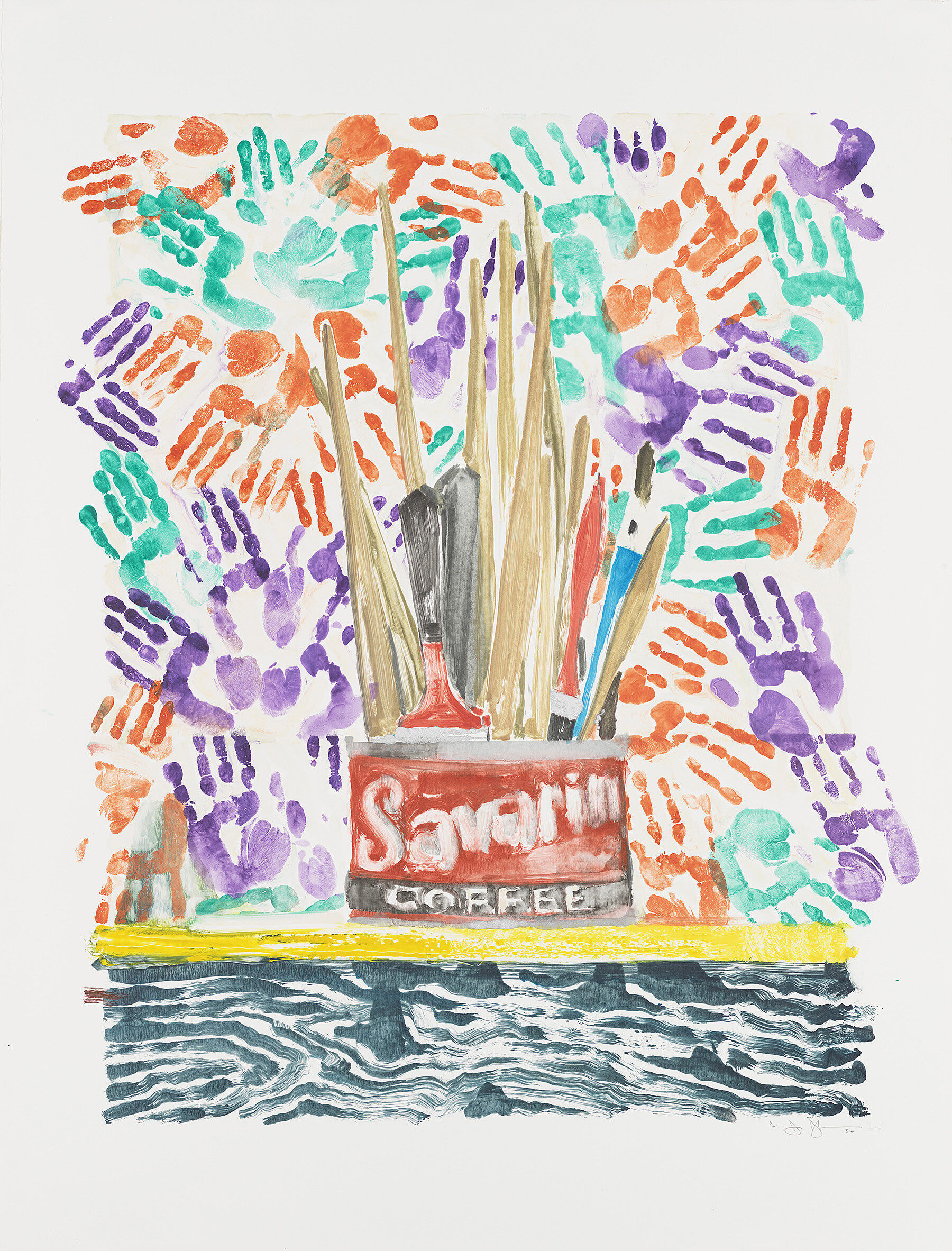 Weekend Member Mornings: Opening Week for
Weekend Member Mornings: Opening Week for
Jasper Johns: Mind/MirrorSaturday, October 2, 2021
10:30–11 am -
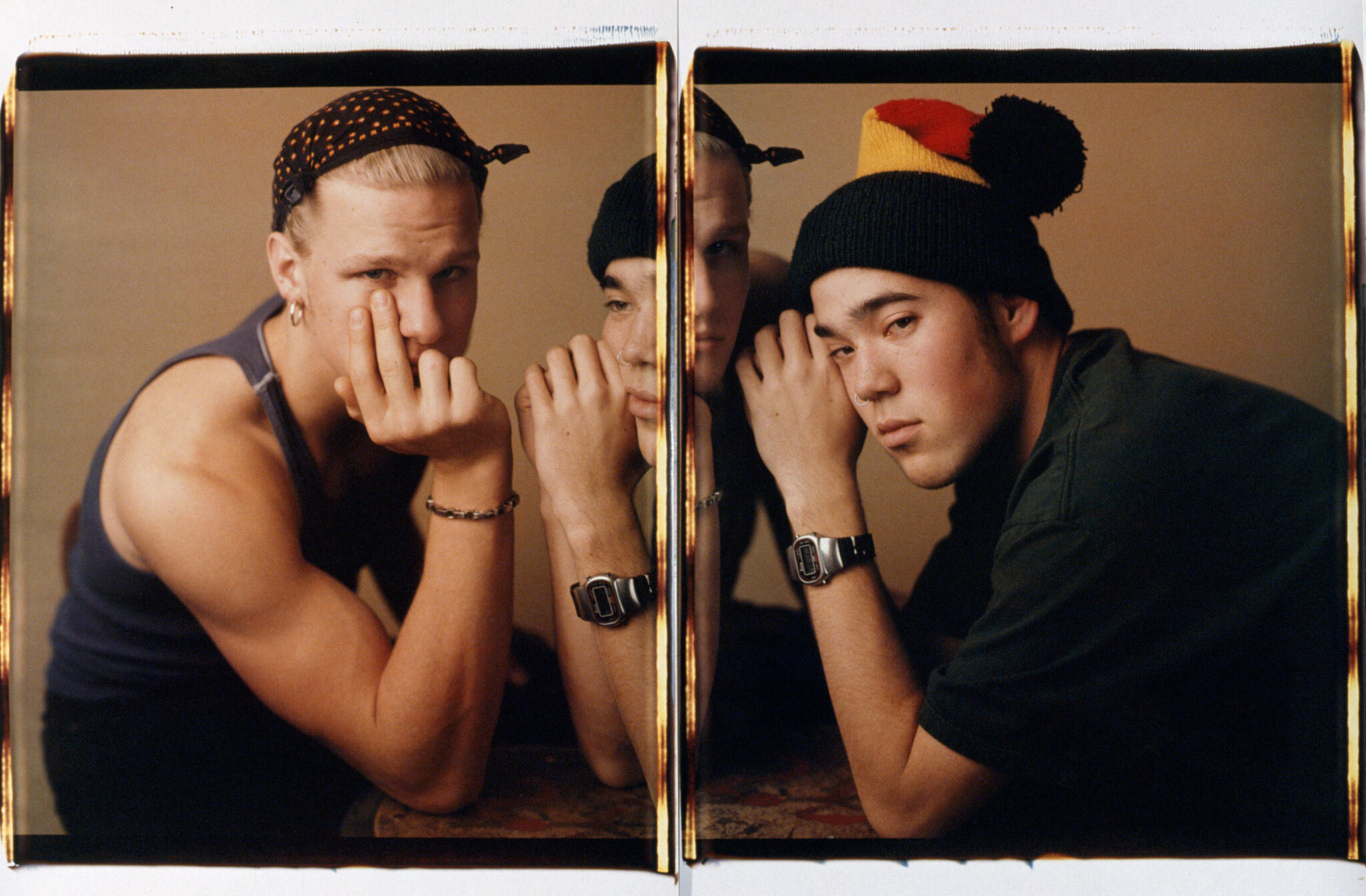 Whitney Signs Online: Dawoud Bey
Whitney Signs Online: Dawoud BeySaturday, September 18, 2021
2–3 pm -
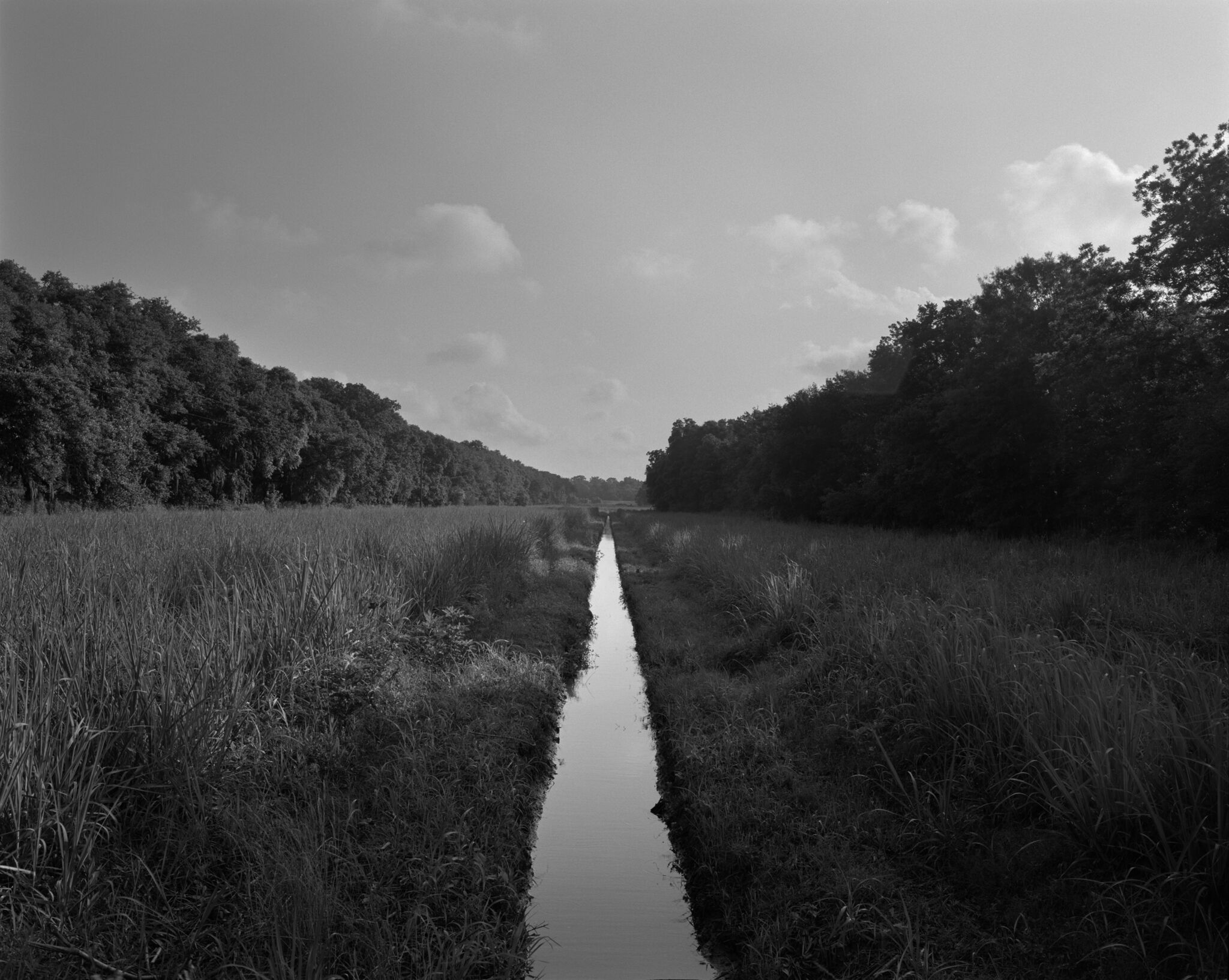 Walter Annenberg Lecture:
Walter Annenberg Lecture:
Dawoud BeyTuesday, September 14, 2021
6:30 pm -
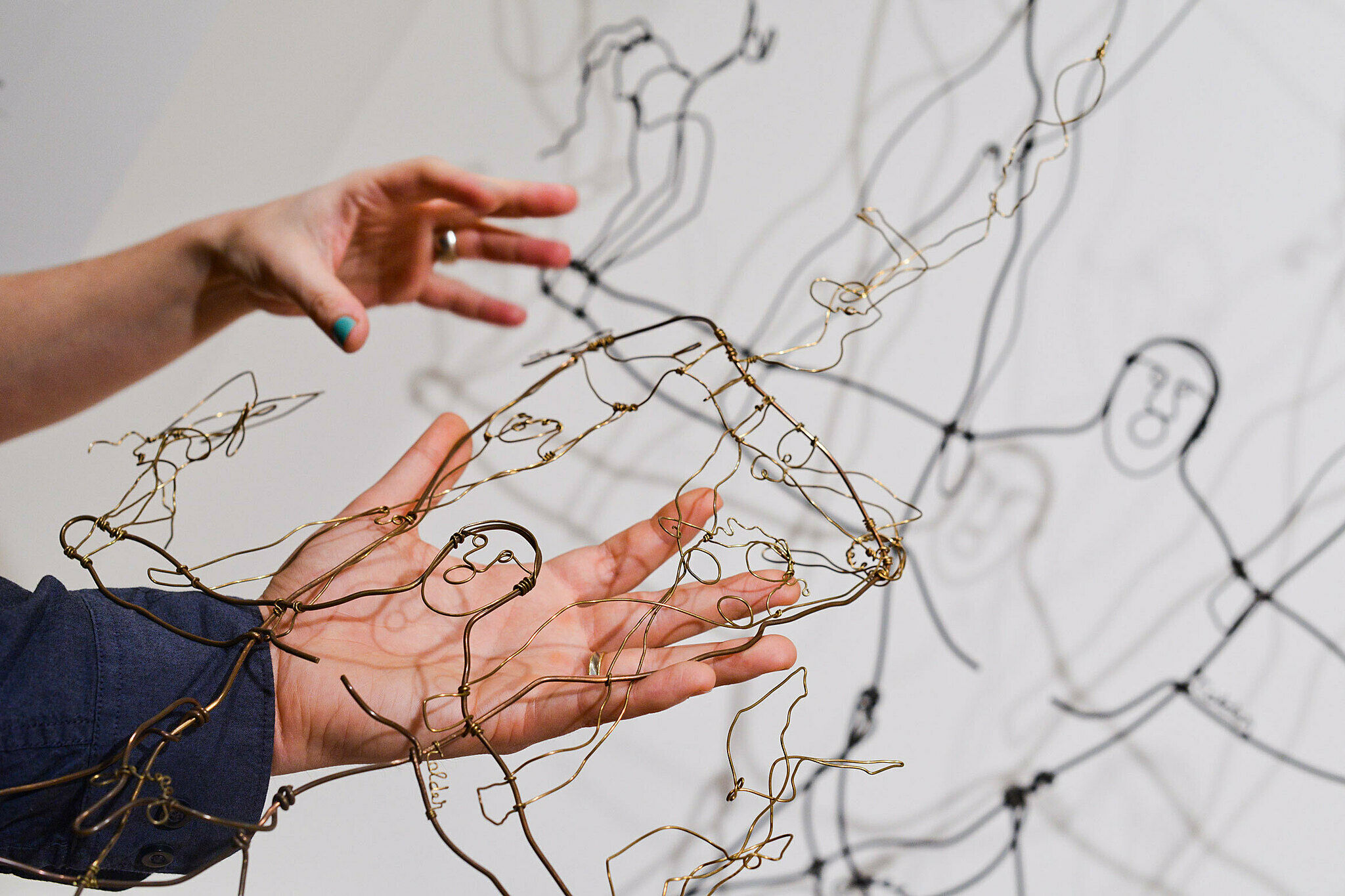
Verbal Description Online:
Dawoud Bey: An American ProjectFriday, August 20, 2021
10–11:30 am
Mobile guides
Hear directly from the artist and curator on selected works from the exhibition.
This exhibition was installed on Floors 1 and 8.
Exhibition Catalogue
Dawoud Bey (b. 1953) is an American photographer best known for his large-scale portraits of underrepresented subjects and for his commitment to fostering dialogue about contemporary social and political topics. Bey has also found inspiration in the past, and in two recent series, presented together here for the first time, he addresses African American history explicitly, with renderings both lyrical and immediate. In 2012 Bey created The Birmingham Project, a series of paired portraits memorializing the six children who were victims of the Ku Klux Klan’s bombing of Birmingham, Alabama’s 16th Street Baptist Church, a site of mass civil rights meetings, and the violent aftermath. Night Coming Tenderly, Black is a group of large-scale black-and-white landscapes made in 2017 in Ohio that reimagine sites where the Underground Railroad once operated. The book is introduced by an essay exploring the series’ place within Bey’s wider body of work, as well as their relationships to the past, the present, and each other. Additional essays investigate the works’ evocations of race, history, time, and place, addressing the particularities of and resonances between two series of photographs that powerfully reimagine the past into the present.
Buy now
Explore works from this exhibition
in the Whitney's collection
View 6 works
In the News
"The retrospective . . . is a testament to [Bey's] photographs’ apparent timelessness."—W Magazine
"In his street photographs and portraits Bey achieves a rare degree of connection with his subjects."—Boston Globe
"Every image is a highlight of a prolific career that examines the various processes of photography as painstakingly as it explores and exposes the human condition."—Forbes
"American photographer Dawoud Bey displays his uncanny ability to get under the skin of his subjects."—The Guardian
"There’s a warmth that’s intrinsic to Bey’s acts of portrait-making."—The New Yorker
". . . Bey understands that the collective aches we feel today are the remnants of yesterday’s agony . . ."—New York Magazine

